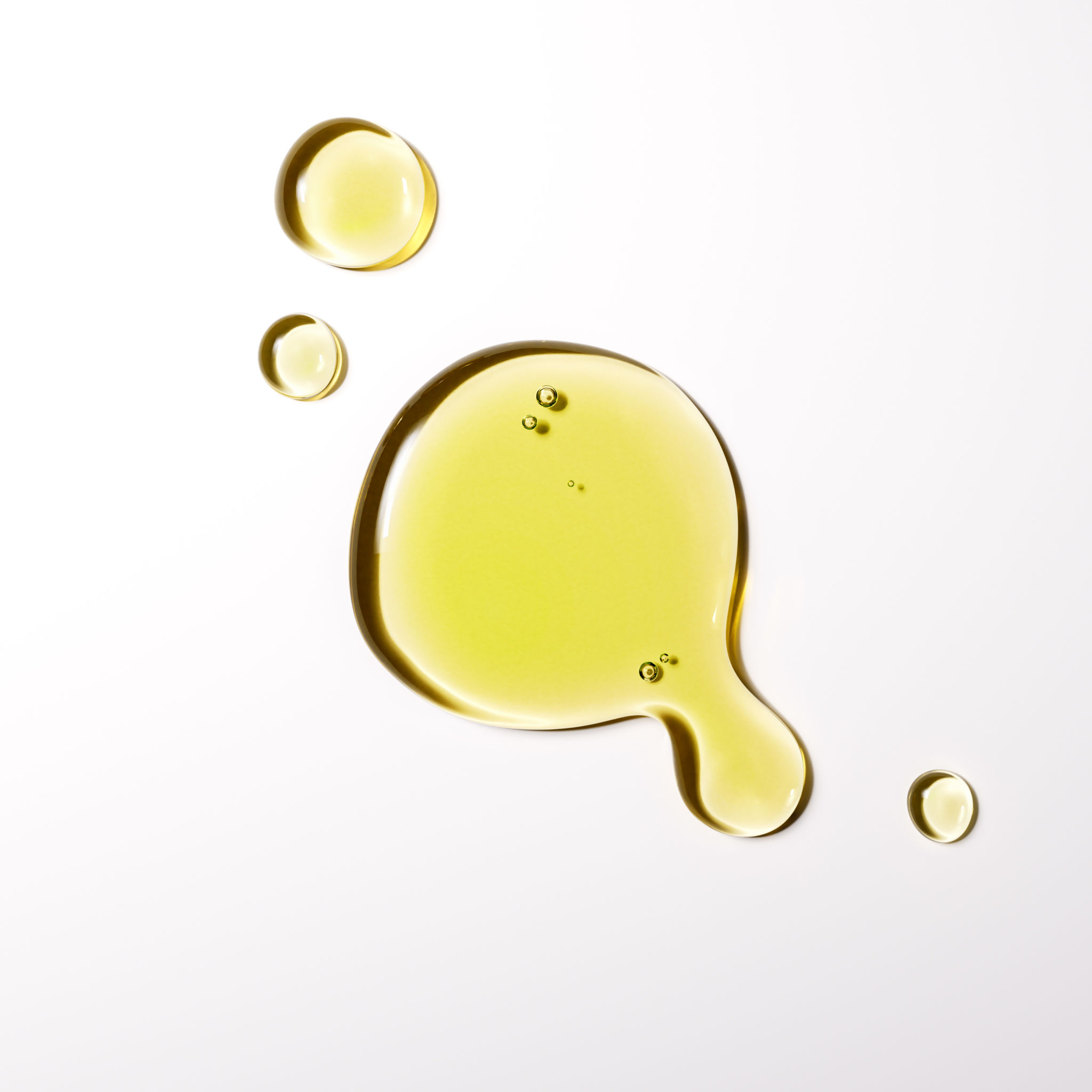Debunking Myths About Essential Oils: What You Need to Know
Essential oils have become increasingly popular, touted for their potential health benefits and natural origins. However, along with their rise in popularity, several myths have also emerged, leading to confusion among consumers. In this article, we'll debunk some common myths about essential oils and provide you with accurate information.

Myth 1: All Essential Oils Are Safe for Everyone
One prevalent myth is that because essential oils are natural, they must be safe for everyone. This is not entirely true. While essential oils can offer therapeutic benefits, they can also cause allergic reactions or skin irritations in some individuals. It’s essential to perform a patch test before applying any new oil topically.
Special Considerations for Children and Pets
Particular caution should be taken when using essential oils around children and pets. Some oils can be toxic to pets or too potent for young children. Always consult with a healthcare provider or veterinarian before using essential oils in these situations.

Myth 2: Essential Oils Can Cure Diseases
Another common misconception is that essential oils can cure diseases. While they may provide relief for certain symptoms or enhance well-being, they should not replace traditional medical treatments. Essential oils are best used as complementary therapies rather than standalone cures.
Consulting Healthcare Professionals
If you're considering using essential oils for health reasons, it's crucial to consult with a healthcare professional. They can provide guidance on how to safely incorporate them into your wellness routine without interfering with medications or treatments.

Myth 3: More Is Better
Some people believe that using more essential oil will yield better results. However, essential oils are highly concentrated and should be used sparingly. Overuse can lead to adverse effects like headaches or skin irritations. Always follow recommended guidelines for dilution and usage.
Proper Dilution Techniques
To avoid negative reactions, it's important to dilute essential oils in a carrier oil before applying them to the skin. Common carrier oils include coconut oil, olive oil, and jojoba oil. Proper dilution ensures the safety and effectiveness of the essential oils.

Myth 4: All Essential Oils Are the Same
Not all essential oils are created equal. The quality can vary significantly based on factors like the plant's origin, extraction method, and storage conditions. It's crucial to purchase oils from reputable sources to ensure their purity and potency.
Reading Labels and Certifications
When purchasing essential oils, look for information on the label about purity and any certifications. Terms like "pure" and "therapeutic grade" can be misleading, so research the brand's sourcing and testing practices.

Understanding the truths behind these common myths can help you make informed decisions about using essential oils. By approaching them with knowledge and care, you can enjoy their benefits while minimizing risks. Always prioritize safety and consult professionals when in doubt.
